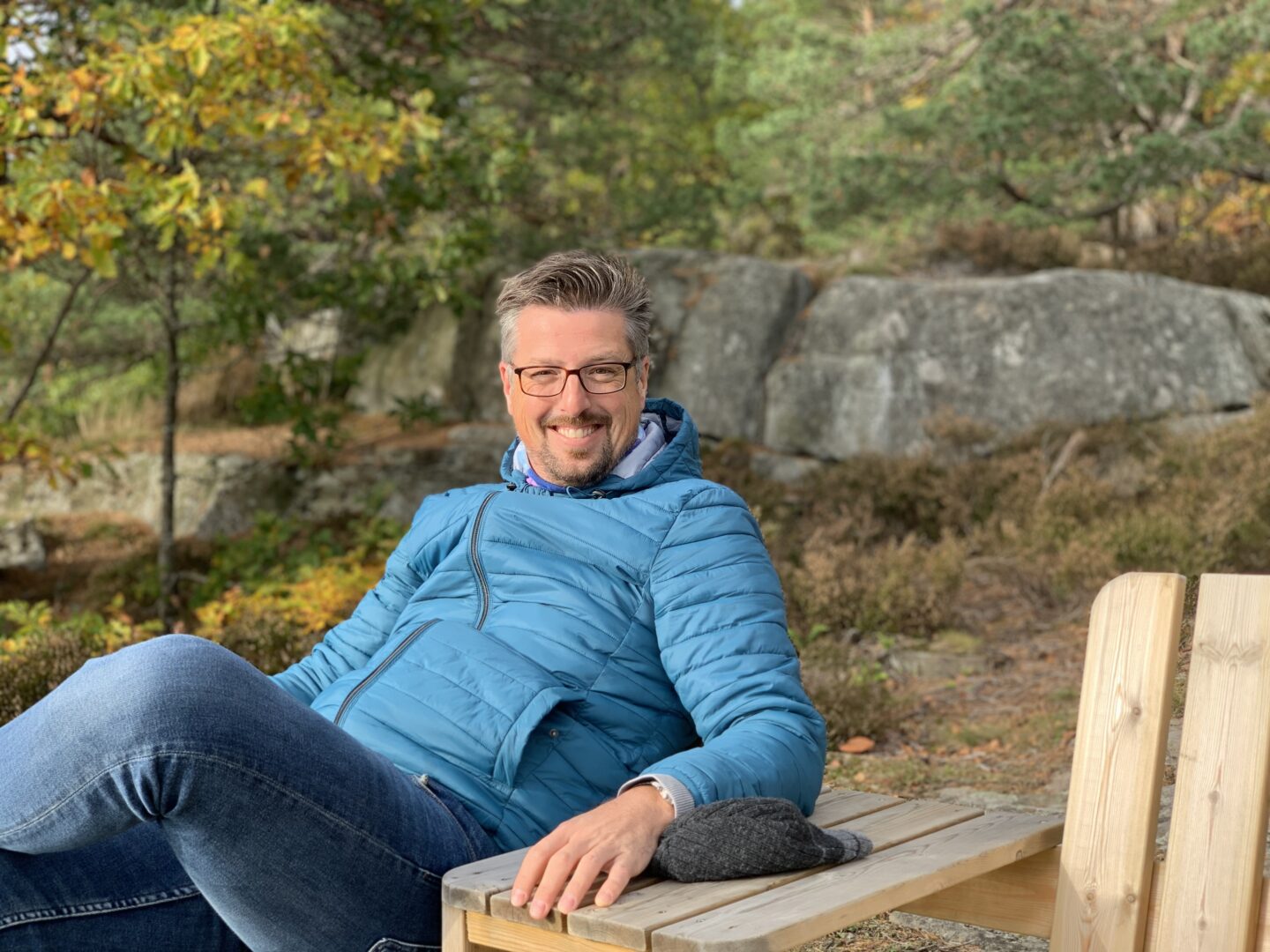
Florian Wunsch believes that the adoption of electric mobility is now at a tipping point. “We’re at the moment where there is a shift from premium early-adopter electric vehicles (EVs) to mass market vehicles,” he said. “And I believe e-mobility is an important element to improving the state of the world.”
Since the mid 2000s, Wunsch has played a significant role in accelerating Europe’s transition to EVs. Over the past 14 years, he has led the B2B business and global powertrain sales at Japanese car maker Nissan, while managing the business development of its EV segment. Back then, before US electric giant Tesla dominated the space, Nissan was a pioneer of EVs.
The Heidelberg native recalled spending a number of those years living out of a suitcase. “For over 20 years, I worked and travelled globally, one week in Japan was followed by 1-2 weeks of other travels and one week of home office. While I like being on the move, with a young family at home my priorities had changed,” he said.
In October 2022, Wunsch made a major career move. He left Nissan and joined Morrow Batteries, a Norwegian startup that develops sustainable battery cells, as its vice president of strategic partnerships.
“Moving from motor sports into electric mobility, I experienced a huge satisfaction in doing something holistic to make this place a better one,” he said.
Having children also reframed his view on sustainability. “Having kids shifted my priorities in life. Anything I do will have to fulfil my goal of leaving the world a better place for my boys.”
Another reason why Wunsch took the plunge and left a multinational for a high-risk startup was because he wanted to join a firm with long-term growth potential.
“A renowned IMD professor, Jan Kubes, once told us: ‘Go where growth is’,” he shared. “And a battery startup can only grow; its market is growing tremendously. I want to go from a big company that is in decline to a smaller company that is growing tremendously. Because growth is so much more fun.”
Gaining leadership perspective
Admittedly, the MBA program he took up in 2005 was a “key enabler” that allowed him to transition from engineering to leadership. Prior to IMD, he held a Bachelor’s in Electric Engineering and Master’s in Mechanical Engineering.
One of the key takeaways from his MBA is that companies needed to continually evaluate and adjust corporate strategy for future organizational success.
“Developing the right strategy is paramount, especially at a startup. And in my current role, I am very actively involved in redefining and narrowing that strategy,” he said. “Coming into a new company, seeing its business model, and getting an understanding of its business viability and pros and cons allowed me, within two weeks, to assess the company and make improvements. In my fourth week, I was already deeply involved in the implementation [of these changes].”
The MBA program also gave him a fresh perspective on organizational behavior. “It was interesting seeing how the project teams performed each time they reassembled for new challenges and how productive they were right from the start. It showed me that if you shared the same mindset, things can be done quickly and efficiently,” he said.
Wunsch’s exposure to culturally and professionally diverse teams at IMD also highlighted the impact of culture on doing business. International teams are increasingly common in the globalized work environment and business leaders have to master cross-cultural relationships in order to be effective. “IMD taught me this and I applied it in all my interactions at the workplace,” he said.
In particular, IMD workshops, which called for multicultural teamwork and effective group dynamics, helped emerging leaders like him to navigate new workplace challenges.
“The cultural contrast between a global car company out of Japan with 330,000 employees and a Norwegian startup could not be bigger,” he said. “Yet it is so exciting to bring the business mentality and know-how from a global company to a Norwegian startup where you can experience its warmth and familiarity.”
“It is especially important for new leaders to understand people’s motivations and cultural heritage, before they can bring them together and convince them of their ideas,” he said.
Globalization in retreat?
Political economy was another module he took at IMD that he found insightful. “It not only showed us the wider scope of things but also a longer horizon in terms of perspective. It revealed how important companies, industries, countries, and political climates are in influencing people’s lives.”
No doubt this subject is especially relevant today, amid renewed geopolitical tensions which have a significant role in shaping businesses and markets such as US-China trade relations.
“Much has changed in the world since I left IMD. Europe has ‘lost weight’ [on the world stage] while China is now leading. There was the Lehman Brothers crisis in the financial sector. [Fast forward to today], big companies such as Facebook are laying off people because the company is no longer experiencing skyrocketing growth,” he said.
With globalization being “questioned and challenged”, businesses are turning their attention to securing their supply chain. “The impact of the Trump era and the war in Ukraine means that companies will have to focus more on business sustainability in terms of reliability rather than just growth,” he explained.
Moving forward, he expects more companies to gravitate towards a localization strategy.
“Globalization will continue in a way that companies will still explore how to get the latest tech for the best price,” he said. “But once that technology has been commoditized, localization will come into focus to maintain [supply chain] reliability.”



